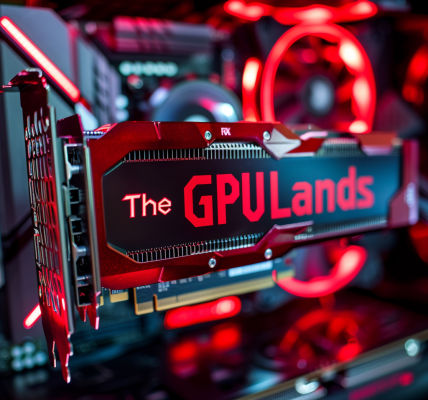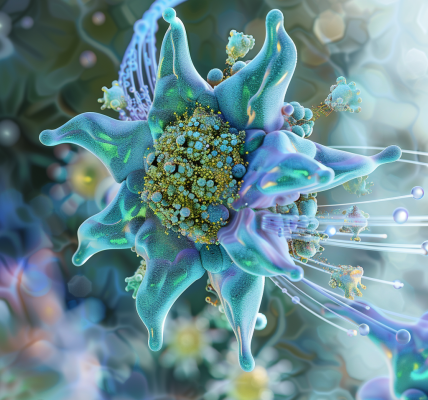Valve’s Steam Deck, a highly anticipated handheld gaming device, has been facing delays in getting its platform driver upstreamed into the mainline Linux kernel. The Steam Deck Platform Driver, crucial for various functionalities such as CPU/device fan control, battery temperature monitoring, and display settings, has been lingering in the downstream version used by SteamOS and shipped with the Steam Deck.
Despite the driver being available since February 2022, the process of integrating it into the mainline Linux kernel seems to be moving at a slow pace. Users eager to run the latest mainline kernels on the Steam Deck have expressed their concerns about the delay in upstreaming the driver, which is essential for optimal device performance and compatibility.
Developer Andrey Smirnov, who has been involved in SteamOS kernel development for Valve, recently mentioned that while there is no specific timeline for the upstreaming process, efforts will be made to push a new version of the driver in the coming months. This uncertainty has left users wondering when they can expect the Steam Deck platform driver to be officially integrated into the mainline kernel.
The lack of urgency in upstreaming the driver raises questions about the priority Valve assigns to this crucial component of the Steam Deck’s functionality. With users eagerly anticipating seamless integration of the driver into the mainline kernel, the delay could potentially impact the overall user experience and performance of the device.
As the community waits for updates on the progress of upstreaming the Steam Deck platform driver, it remains to be seen how soon Valve will address the concerns surrounding the integration of this essential component into the mainline Linux kernel. Stay tuned for further developments on this ongoing issue.





